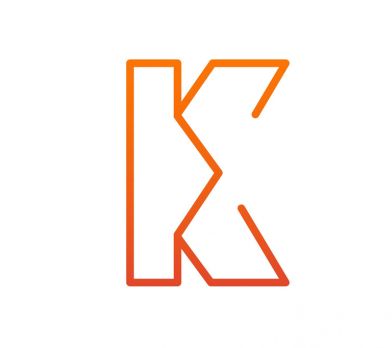Much like the electrification of the early 20th century fundamentally reshaped economies and everyday life, the rise of Artificial Intelligence (AI) is setting the stage for another monumental shift in society. As AI technology becomes increasingly integrated into various sectors—from healthcare to finance, education, and even creative industries—the need for AI literacy emerges as a crucial skill for the next generation. This post explores why AI education is essential and how we can effectively foster AI literacy in schools and communities.
Why AI Literacy Matters
AI literacy goes beyond just understanding how to use technology. It encompasses a deeper comprehension of how AI systems are designed, how they function, and their societal impacts. This form of literacy is critical for several reasons:
- Informed Decision-Making: As AI systems become more prevalent, the ability to understand and interact with these technologies becomes crucial in making informed decisions, both in personal contexts and in the workplace.
- Ethical Implications: With a solid understanding of AI, individuals are better equipped to navigate the ethical implications of AI deployment, such as privacy concerns, bias, and accountability.
- Career Preparedness: The job landscape is evolving rapidly with AI and automation transforming traditional roles. AI literacy prepares students and workers for the jobs of tomorrow, ensuring they are adaptable and can thrive in an AI-driven economy.
Historical Parallels: The Electrification Era
Drawing parallels to the past, the electrification era serves as a poignant example. Just as electrical literacy became essential when electricity transformed industries and daily life, AI literacy is becoming indispensable in today's digital age. Electrification led to new educational curricula and training programs; similarly, today's educational systems must adapt to include AI and its applications to prepare students for future challenges and opportunities.
Strategies for Fostering AI Literacy
1. Integrating AI Education in Schools
- Curriculum Development: Schools should integrate AI concepts across subjects, not just in computer science classes. This includes discussing the impact of AI on society and ethical considerations, alongside technical skills.
- Teacher Training: Educators need resources and training to teach AI effectively. Partnerships with universities and tech companies can facilitate this professional development.
2. Community-Based Learning Initiatives
- Public Workshops and Seminars: Libraries and community centers can host workshops that demystify AI and provide hands-on experiences with AI technologies.
- Partnerships with Tech Companies: Collaborations can provide resources and expertise to help educate the public about AI. These partnerships can also offer insights into real-world AI applications.
3. Online Resources and Platforms
- E-learning Courses: Leverage online platforms to offer accessible AI education, ranging from basic introductions to advanced programming in AI.
- Interactive Tools: Utilize interactive AI tools that allow individuals to experiment with AI technologies, fostering a deeper understanding and curiosity.
In summary, AI education and literacy are not just about preparing the next generation for future jobs. They are about empowering individuals to understand and shape the AI-driven world actively. By drawing lessons from the electrification era and implementing strategic educational initiatives, we can ensure that AI benefits are maximally harnessed while minimizing its risks and ethical concerns. In doing so, we prepare a generation that is not only proficient in AI but also ethical and innovative in its applications.
All-in-one AI Solutions at Kotwel
As we look to nurture AI literacy, it is crucial to have the right tools and guidance. Kotwel provides comprehensive AI and ML solutions that simplify learning and application for everyone. Whether in education or business, Kotwel's tools are designed to be accessible and effective, ensuring that everyone can make the most of what AI has to offer.
Visit our website to learn more about our services and how we can support your innovative AI projects.
Kotwel is a reliable data service provider, offering custom AI solutions and high-quality AI training data for companies worldwide. Data services at Kotwel include data collection, data labeling (data annotation) and data validation that help get more out of your algorithms by generating, labeling and validating unique and high-quality training data, specifically tailored to your needs.
Frequently Asked Questions
You might be interested in:
The field of artificial intelligence (AI) is evolving at an unprecedented pace, driven significantly by innovations in how we generate, manage, and utilize training data. As AI systems become more integral to a variety of applications-from healthcare and finance to autonomous driving and personalized […]
Read MoreAccurate and clear data labeling is foundational for developing robust machine learning models. Whether you’re a data scientist, project manager, or part of an annotation team, maintaining consistency and clarity in your labeling efforts ensures that your data not only trains models effectively but […]
Read MoreNatural Language Processing (NLP) is a branch of artificial intelligence that focuses on enabling computers to understand and process human language. In the quest to create more accurate and efficient NLP systems, data annotation plays a crucial role. This article explores the significance of […]
Read More





